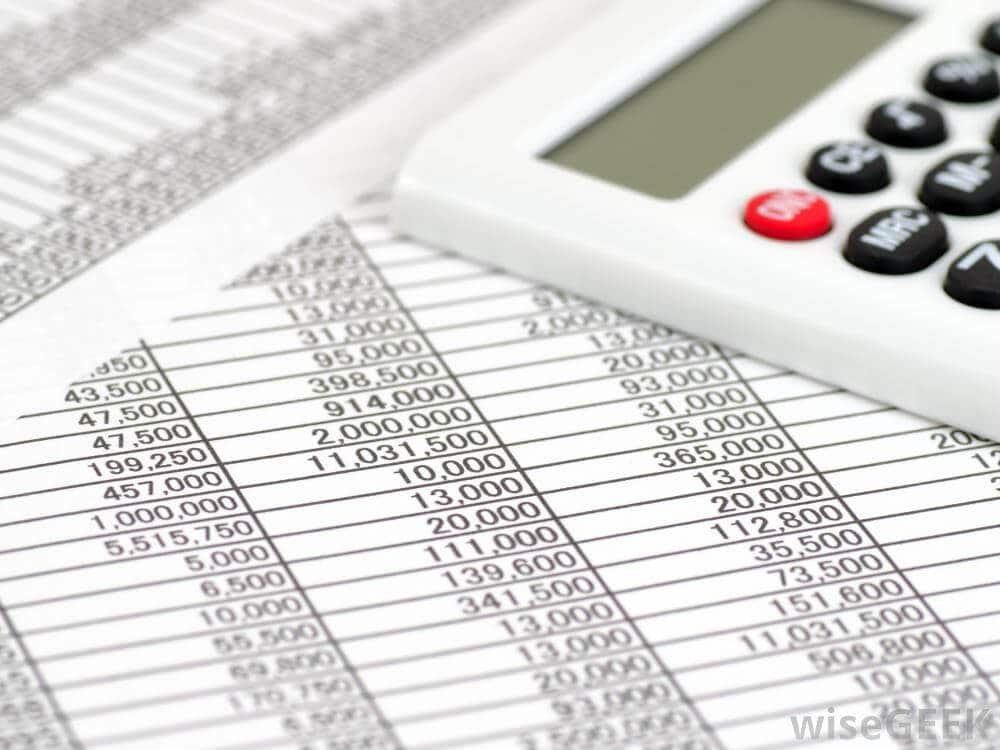
Accounting records retention can be complicated and tedious. For businesses of any size, it is not always clear exactly what is needed and how long this documentation should be retained.
Building your organisation’s accounting document retention strategy depends on what you need to do to comply with legal requirements, what you need to file your taxes properly, and your business’s specific goals.
Looking at the law
The first step to figuring out what your company needs is to take a closer look at the law. Per the Companies Act 2006, all businesses must maintain adequate accounting records. Companies that fail to maintain adequate records may face significant fines, and employees may serve prison sentences for failure to comply. Sufficient records, whether electronic or physical, do the following:
- Explain and show the company’s transactions;
- Accurately demonstrate the financial position of the company at any given time;
- Enable the business owner or director to ensure that they can retrieve accounts information to comply with the other requirements.
But what are these records?
Types of accounting record
Accounting records can include invoices, receipts, employee payroll, purchases, expenses, VAT records, and, of course, tax returns. Relevant supporting information and documentation for any of these items should be maintained as well. Records may be digital or physical, but if creating an electronic record, it is best to make sure all information from the physical record is kept.
These records, according to Section 388 of the Companies Act 2006, should be kept at a registered office or other place determined by the directors of the organisation. This can, for example, include an accountancy firm, a satellite location of the company, or at a records management facility. These records must be available for inspection at any time by company officers.
The Companies Act 2006 also indicates the statutory retention period for different types of records. This may be different for your company based on its registration, so please consult internal revenues services or an accounting expert for further information. Other relevant legal requirements to consider are the Taxes Management Act and the VAT Act 1994.
How long should you retain accounting records?
So, what are the required timeframes for accounting records retention?
While private organisations should maintain accounting records for at least three years, public companies are required to retain data for six years. In all cases, we recommend that you maintain any and all accounting records for a minimum of six years. Even for documents not covered by the statutory period, it is best for a company to have a strict and specific records retention schedule.
Beyond legal compliance, accurate and extensive accounting records allows your company to file taxes properly so that you either pay or claim the appropriate amount on your returns. It can also be useful to keep income tax records of former employees after they have left the organisation.
Working with Access Records Management
Now that you have a primer on why accounting records retentionis important, establishing a strategy for compliance is important. Working with a document storage company like Access Records Management ensures that retaining, accessing, archiving, and destroying your records becomes an easy, rather than tedious part of operations.
Want to know more about our services? Speak to one of our experts today.




